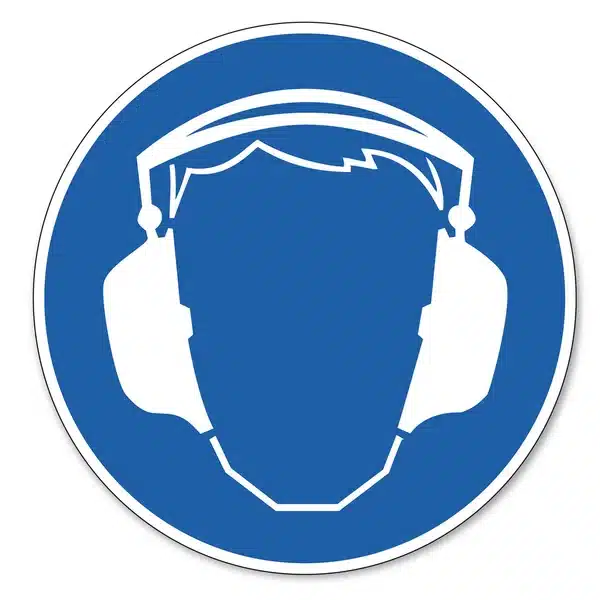¡Feliz Navidad!
When it comes to how we celebrate Christmas around the world, customs and traditions couldn’t

“Music is disciplined noise” is the statement of an unknown person. For today’s “Day Against Noise,” however, this is perhaps quite an appropriate statement. “Noise” is clearly subjective – just think of what one person might consider music and another might consider sheer unbearable noise. In this day and age, when people are surrounded by constantly rumbling equipment as well as traffic noise on the ground and in the air, we hardly notice much of the noise that is going around – until the moment when perhaps we do (quite consciously) switch off and move to a noise-free environment.
And what about music and noise? If you Google the terms “music” and “noise,” the entries on the subject of disturbance of the peace by music pile up. For many, the boundaries between music and noise become blurred, something that musicians also have to contend with time and again: Not only is their métier, their passion and bread and butter often perceived as disturbing, but for them their ears are also among their most important body parts. Beethoven knew exactly how difficult it is for a musician to lose his hearing. And so musicians often react sensitively to damaging noise.
In general, it’s a thing with noise and music: While today it is expected that absolute silence reigns in the concert hall, this was absolutely unusual in Mozart’s or Beethoven’s time. On the contrary: an opera premiere, for example, was considered above all a social event at which people wanted to see and be seen. This included walking through the boxes to greet acquaintances or talking to one’s neighbor, sometimes even eating and drinking – whether the music was playing or not. If you look at new music, it increasingly incorporates sounds and noise into music. Starting with John Cage’s “3’33”, which is based on the approach that everything that sounds in this time window is the music, to, for example, electronic music, which incorporates everyday noises.
The “Day against Noise,” which is celebrated on April 26, has been taking place in Germany since 1998. Its purpose is to draw attention to noise problems and their social and health effects. After all, hearing is fundamentally important and its protection must not be ignored.
In this respect, turning off noise or turning on “ear candy” – like the wonderful “Noise” by the Kölner Akademie (you may find in the shop) – is called for more often.
OTHER RECENT NEWS
When it comes to how we celebrate Christmas around the world, customs and traditions couldn’t
When we look back at music history, we like to summarize past eras with a
In November 1843, Carl Reinecke made his debut as a pianist at the Leipzig Gewandhaus